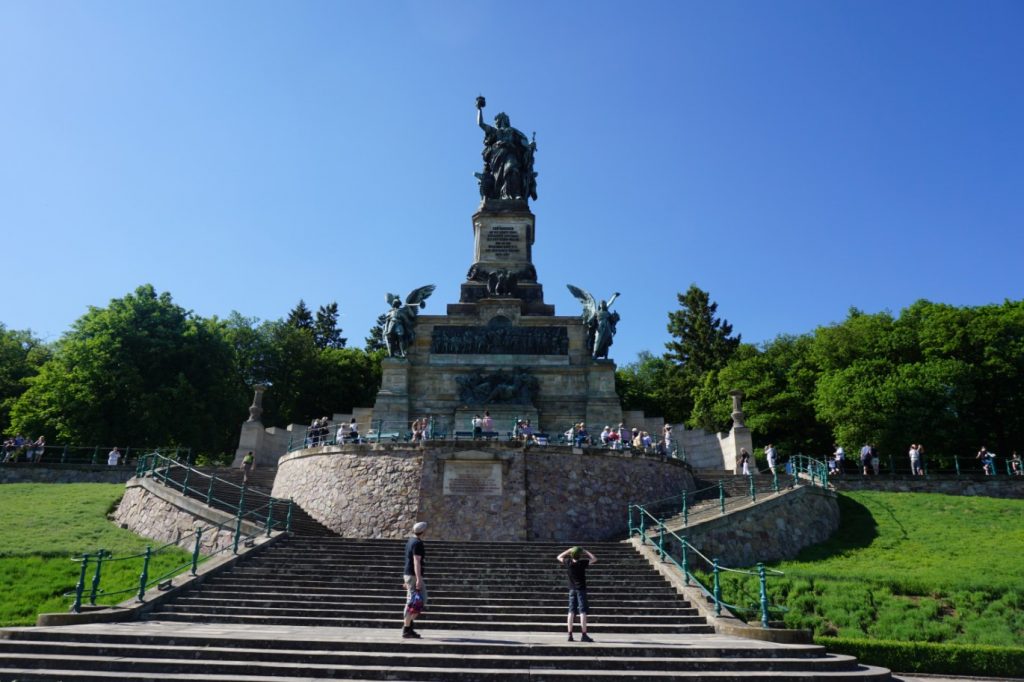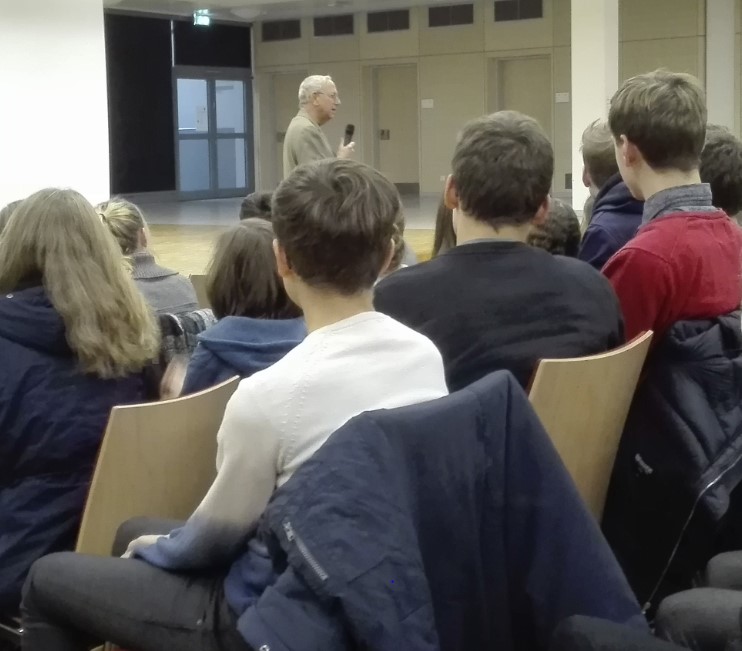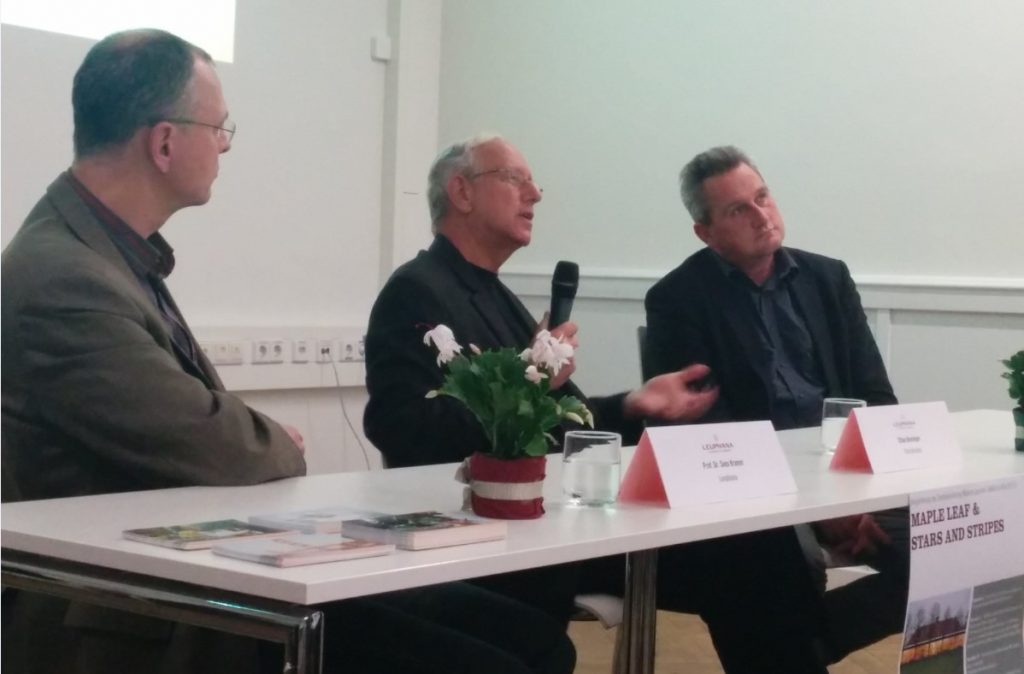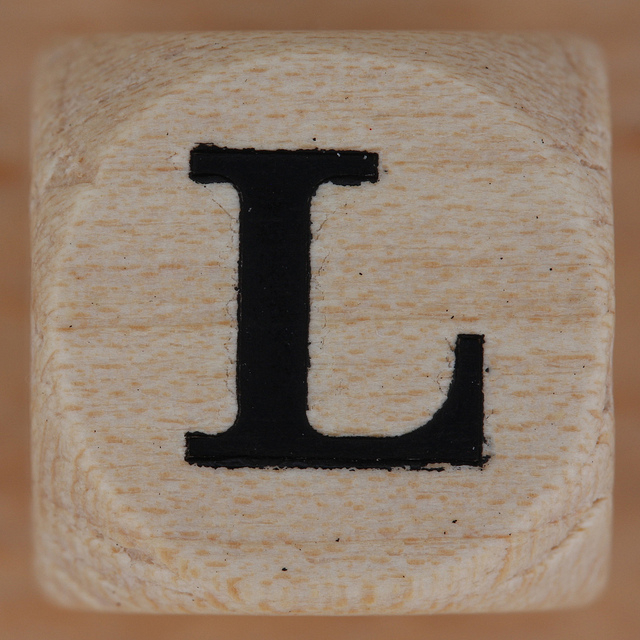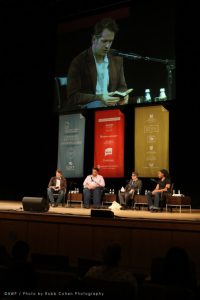“To create a television show out of thin air, without anybody paying you,
requires a certain amount of delusion, and that’s taken me very far.”
Matt Weiner, creator of Mad Men
Do you regularly watch a TV series? Probably yes.
Have you ever considered writing one? Probably not.
But if you like TV series and love to write, you might want to reconsider. The recent serial television landscape is diverse and of a quality as never before. And production studios are beginning to open their gates a tiny crack to meet an ever-increasing demand for series ideas and concepts.
In her book, Writing the TV Drama Series: How to Succeed as a Professional Writer in TV, television writer and screenwriting teacher Pamela Douglas offers an approach to learning how to slide through that crack and gain insight into what’s lurking behind those gates.







